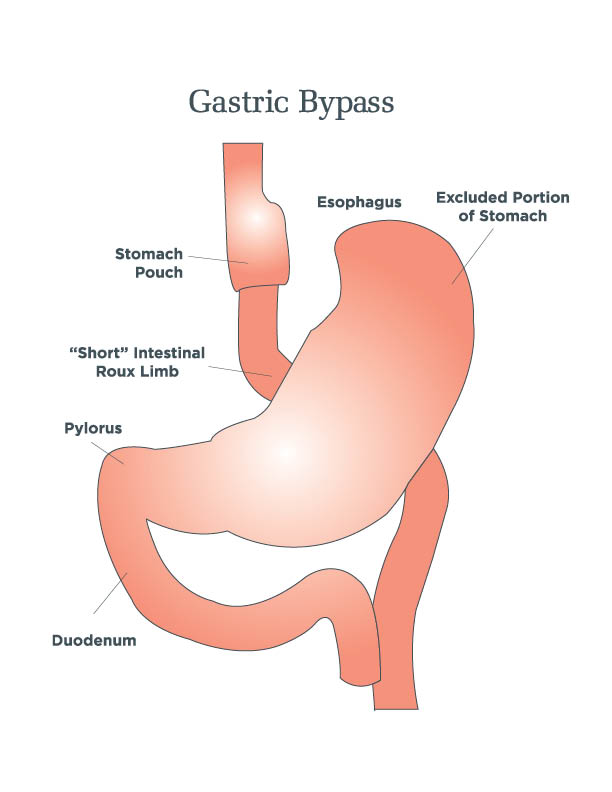
Crash diets, also known as semi starvation or fad dieting, are extreme forms of diets that restrict calories. People who follow this diet typically consume 800 kilocalories a day. This type of diet can be harmful to your immune system and blood vessels.
Low-calorie diets
Crash dieting is a popular way to quickly lose weight. These diets require that you consume less than 600 calories each day. This makes them appealing to those who are looking to lose weight quickly. They are also dangerous as they deprive your body vital nutrients. They can also affect your heart and blood pressure, which are both vital for proper body functioning.
Low-calorie diets are very restrictive and can lead to nutritional deficiencies. This may result in long-term problems, including osteoporosis, fractures, and anemia. Emotionally, crash-dieters could also be lacking in electrolytes. Electrolytes are vital for proper nerve function and muscle function. A low level of potassium and sodium can increase the risk of having a heart attack.

Yo-yo dieting
Your health can be affected by Yo-yo diets. Crash dieting is dangerous because it triggers binge-eating behaviors. Bingeing is when someone eats until their stomach hurts or they have no control. Yo-yo dieting primes the body for binge eating by forcing it into a state of starvation. The body's natural survival mechanism, eating when it is hungry, is Yo-Yo dieting.
Yo-yo eating has been linked to changes within the body, including in metabolism and blood pressure. This can lead to a disruption in blood sugar levels, and an increase in the risk of developing cardiovascular diseases. The body may also become obese.
Impact on your immune system
Your immune system can be affected by crash dieting. A weaker immune system makes you more susceptible to infections. Infections that are caused by a weak immune system are more difficult to treat, and can even be life-threatening. A weakened immune system can also increase your risk of contracting illnesses such as pneumonia or bronchitis.
You can harm your immune system by restricting your daily intake of certain food categories. Additionally, crash-dieters can also lose essential nutrients such iron and vitamin B12, which are vital for your body's ability to fight off infection. Also, crash dieting can have negative effects on your mental capacity and your cardiovascular system.

Impact on your blood vessels
Researchers have discovered that crash-dieting can have adverse effects on your blood vessels. This could be due to fat being released into the bloodstream. These fats travel to your heart, where they are stored as fat tissue. These fatty accumulations can affect the health and functioning of your heart. These effects are temporary and can be dangerous to people who have had heart disease in the past.
Influence on your mood
Stress dieting can cause depression. Research shows that people on these types of diets have impaired working memory. Also, a crash diet can cause you to feel hungry all day which can lead you to binge eating. You can avoid this by eating more balanced meals at regular periods.
FAQ
How can busy people lose weight?
You can lose weight by eating less and moving more.
You'll gain weight if you eat too many calories. You will gain weight if exercise isn't enough. But if you combine these two simple habits, you'll start losing weight.
Is intermittent fasting affecting my sleep quality?
Yes, intermittent fasting can have an impact on your sleep. Your hunger hormones rise when you skip meals. You may wake up more often at night because of this.
This is why most experts recommend skipping breakfast. They recommend eating a light snack before bed.
If you're still hungry after this snack you can have a small meal right before going to sleep.
Don't overeat. Otherwise, you'll end up gaining weight instead of losing it.
What can I drink in the morning while intermittent fasting?
Water should be consumed first thing in the AM. This helps you feel fuller quicker and gives you energy for the rest of your day. For more flavor, add lemon juice and cucumber slices.
How often do people fast regularly?
People who are on a ketogenic diet only fast once a week. Some people fast twice weekly. And others fast three times per week.
There is a variation in the length of fasts. Some people fast 24 hours, while others fast 48 hours.
Some people even go longer than 72 hours. However, extreme cases like these are rare.
Can I eat fruits during intermittent fasting?
You can't go wrong with fruits. They are rich in vitamins, minerals and fiber. However, they contain sugar, which can cause blood glucose to rise. This can lead to insulin resistance and weight gain. You can lose weight by following an IF diet. Make sure to eat low glycemic fruits like apples, pears and berries.
Statistics
- According to a study sponsored by the American Council on Exercise, a person weighing around 140 pounds (64 kg) would burn 108 calories at a 30-minute beginner's Pilates class or 168 calories at an advanced class of the same duration (26). (healthline.com)
- One 6-month study showed that simply doing 11 minutes of strength-based exercises 3 times per week resulted in a 7.4% increase in metabolic rate, on average. (healthline.com)
- It's estimated that half of all American adults attempt to lose weight every year (1Trusted (healthline.com)
- According to Harvard Health, it's estimated that a 155-pound (70-kg) person burns roughly 112 calories per 30 minutes of weight training (5). (healthline.com)
External Links
How To
How to lose weight quickly without exercising
The best way to lose weight fast without exercise is to eat fewer calories than you burn. Your body will start to burn fat stores for energy. You will see some muscle shrinkage if your body doesn't consume enough calories. Even if you do not exercise while on a diet, you can still lose weight. However, you will likely lose more muscle mass.
You can lose weight quickly without having to work out by reducing your calorie intake. While many people believe they need to cut back on their food intake, it is not the truth. If you are looking to lose weight, it is important to consume fewer calories per day than you burn. So how much should you eat every day? It all depends upon what type of activity you engage daily. Someone who walks three miles per day would require only about 2,500 calories. Someone who works at a desk all day long would require around 1,600 calories daily. A person who exercises frequently (like lifting weights), would only need about 1,600 calories per day.
To lose excess weight, you need to cut back on your caloric intake. Many people believe that they need to eat less because they feel starving. But this isn't the case. Your body doesn’t care about whether you’re hungry. It simply wants to function correctly. Tracking your calorie intake is key to losing weight. Many online apps allow you to track your calorie intake. Some of these apps include MyFitnessPal, Calorie Counter, and LoseIt!